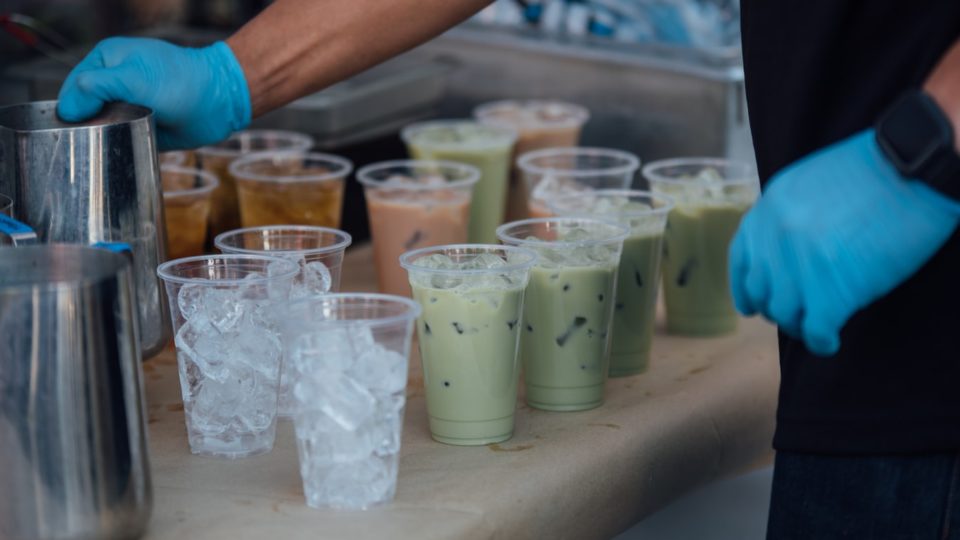Malaysia has among the highest plastic usage in Southeast Asia, according to a report by the Malaysian arm of the World Wildlife Fund yesterday.
Findings from a study it commissioned said that Malaysia recorded an annual per capita plastic consumption of 16.78kg per person, which was higher than Indonesia (12.5kg), Philippines (12.4kg), Thailand (15.52kg), and Vietnam (12.93kg). Other Southeast Asian countries like Singapore and Myanmar were not included in the study.
The report titled “Study on EPR Scheme Assessment for Packaging Waste in Malaysia” was released together with a proposal on how Malaysia could hold companies accountable for their high plastic consumption. It also blamed Malaysia’s high plastic usage on the country’s prevalent “takeaway culture,” tropical climate and the lack of a proper recycling system.
“With the ease and convenience of buying readily cooked food in Malaysia from hawker stalls and restaurants, many households commonly opt for take-away food,” the report said.
“This culture of purchasing takeaway food results in a high degree of plastic packaging to store and transport the food,” it added. The report said that a noodle dish could use up to six different single-use plastic items such as plastic containers and disposable utensils.
Malaysia’s tropical climate also meant that it was more practical to package grocery items in plastic instead of paper in colder climates to prevent pest contamination and extend their shelf life. Perishables also need to be packed separately to avoid “bunching with other produce,” the report said.
“Day-to-day grocery products such as flour, sugar, or pasta are often packaged in paperboard in a colder climate. However, in a tropical climate, these products typically require a different or additional form of packing with plastic,” it read.
The lack of a proper recycling system in Malaysia also contributes to the high plastic usage, WWF said, adding that there is no system where low-value recyclables, including multilayer packaging, can be separated. It also said that while Malaysia has sufficient resources to recycle large quantities of materials, the majority of recyclers tend to import recyclables.
“In low and middle-income countries that often face budget shortfalls in waste management, the root cause of plastic waste leakage into the environment is the lack of sound waste management systems,” Adrian Choo, who leads WWF-Malaysia’s sustainable markets program, said.
The Extended Producer Responsibility scheme, or EPF, proposed by WWF included making financial investments mandatory for large-scale systematic collection, sorting, and recycling of packaging materials.
It also proposed creating more jobs in the packaging value chain and improving the health and safety standards of waste management staff.
Other stories to check out:
From bustling town to pandemic zone, life in Malaysia’s ‘Little India’ quiet after lockdown




